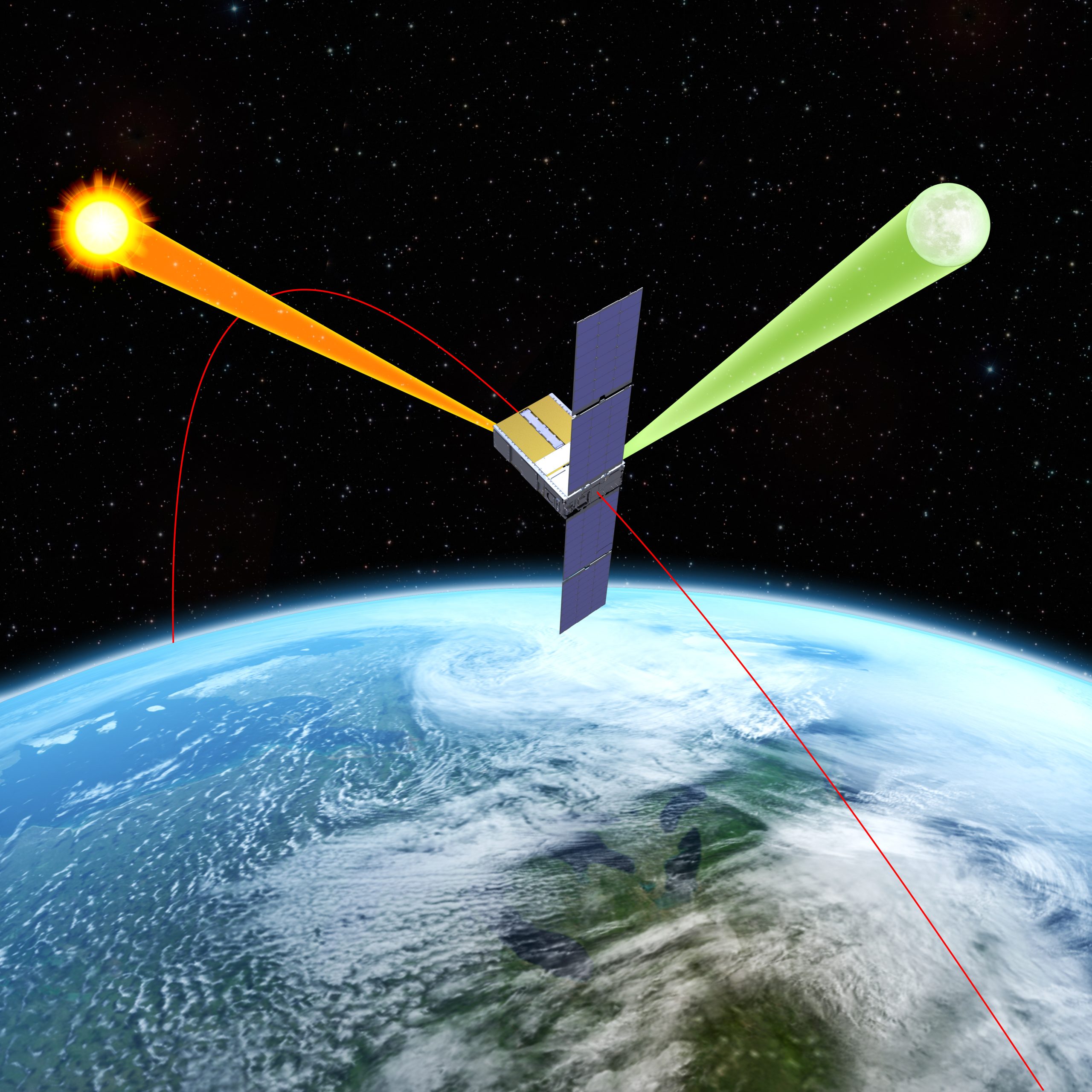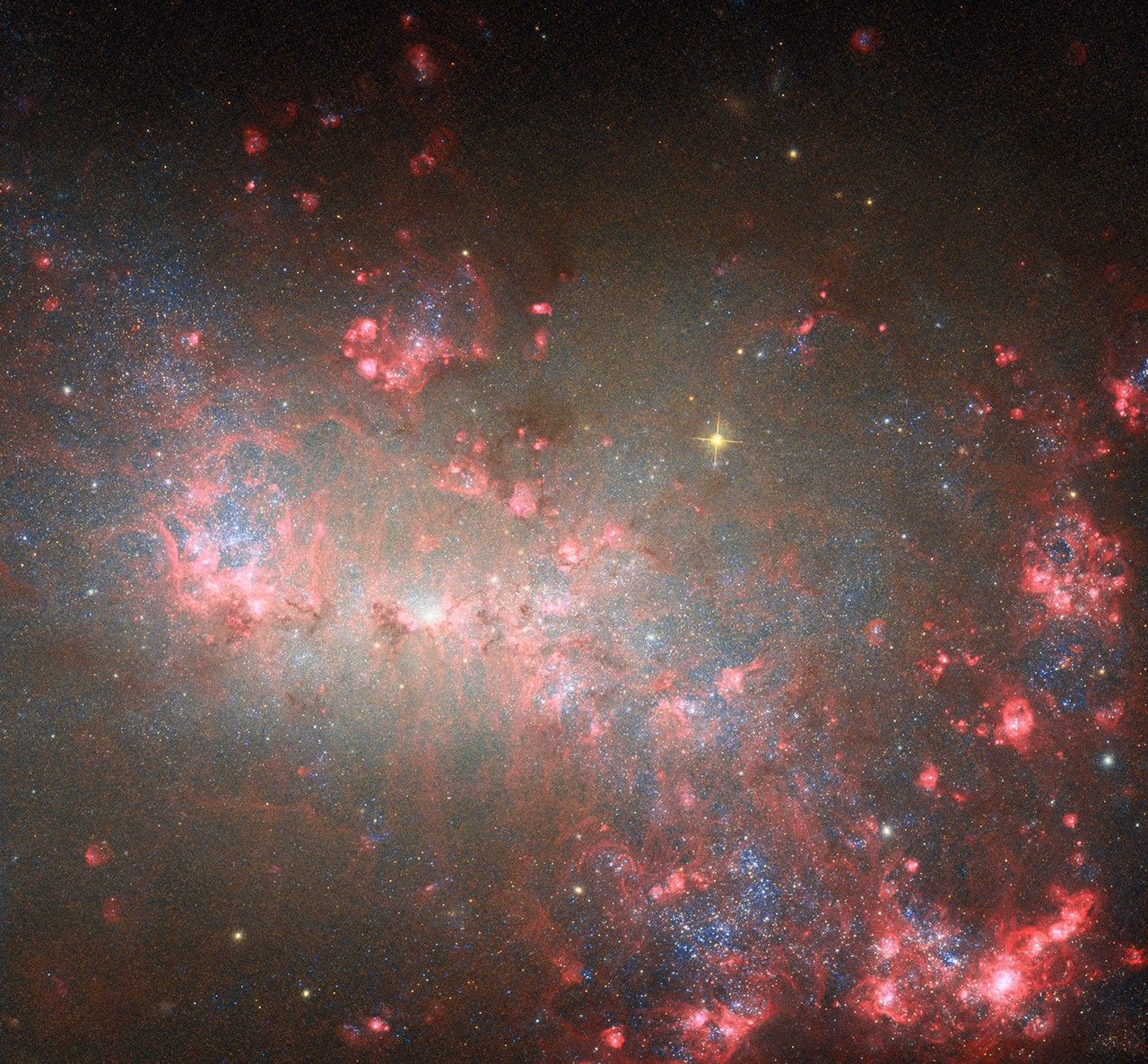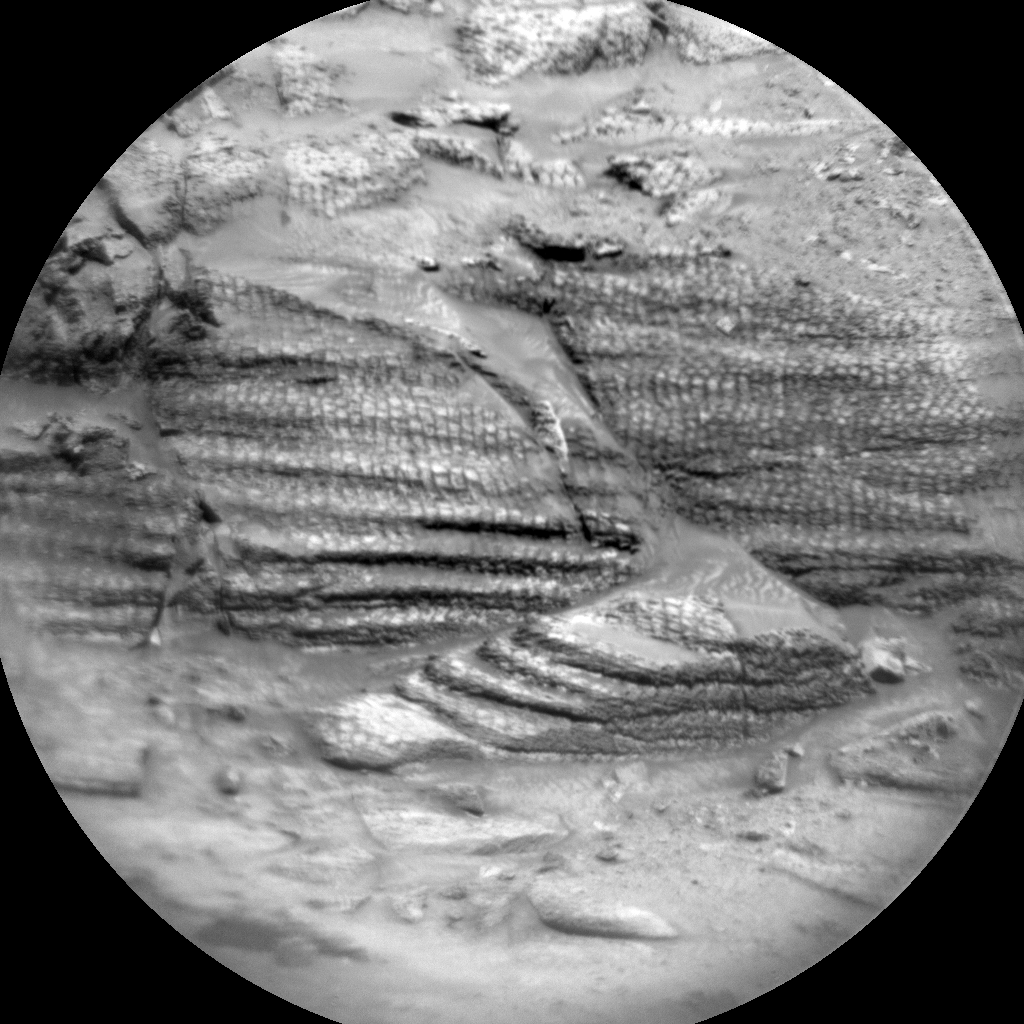Now Reading: NASA to Harness Moonlight for Precise Space Measurements
-
01
NASA to Harness Moonlight for Precise Space Measurements
NASA to Harness Moonlight for Precise Space Measurements

Quick Summary
- NASA Mission: NASA plans to launch Arcstone,a unique instrument designed for lunar calibration to enhance the accuracy of Earth-observing sensors in space.
- Objective: Arcstone aims to measure sunlight reflected from the Moon using a spectrometer, creating a worldwide calibration standard for scientific and commercial space applications.
- Launch Timeline: Expected to launch in late June aboard a CubeSat, with data collection (“first light”) scheduled three weeks post-orbit.
- Meaning of Lunar Calibration: The Moon’s stable reflectance offers a reliable source for calibrating satellite sensors, reducing atmospheric interference compared to Earth-based measurements.
- Benefits for Remote Sensing: Improved accuracy in calibration will enhance environmental monitoring data and aid predictive analyses of Earth’s future.
- Partnerships & Funding: The project is funded by NASA’s Earth Science Technology Office and involves partnerships with multiple organizations including USGS,Colorado University Boulder,and more.
Indian Opinion Analysis
Arcstone’s technological advancements are likely to set benchmarks in high-quality remote sensing through universal lunar calibration standards. This progress has notable implications globally but also offers potential benefits for India’s growing satellite economy. India’s ambitions in space exploration-including extensive environmental monitoring through satellites-could find value from improved precision standards established by this mission.
By augmenting trustworthiness across international datasets used jointly worldwide, such innovations could advance cooperative climate research efforts between countries like India and NASA especially relevant given India’s vulnerabilities tied closely around Climate/hydro-linked urgency.locals exploration
























